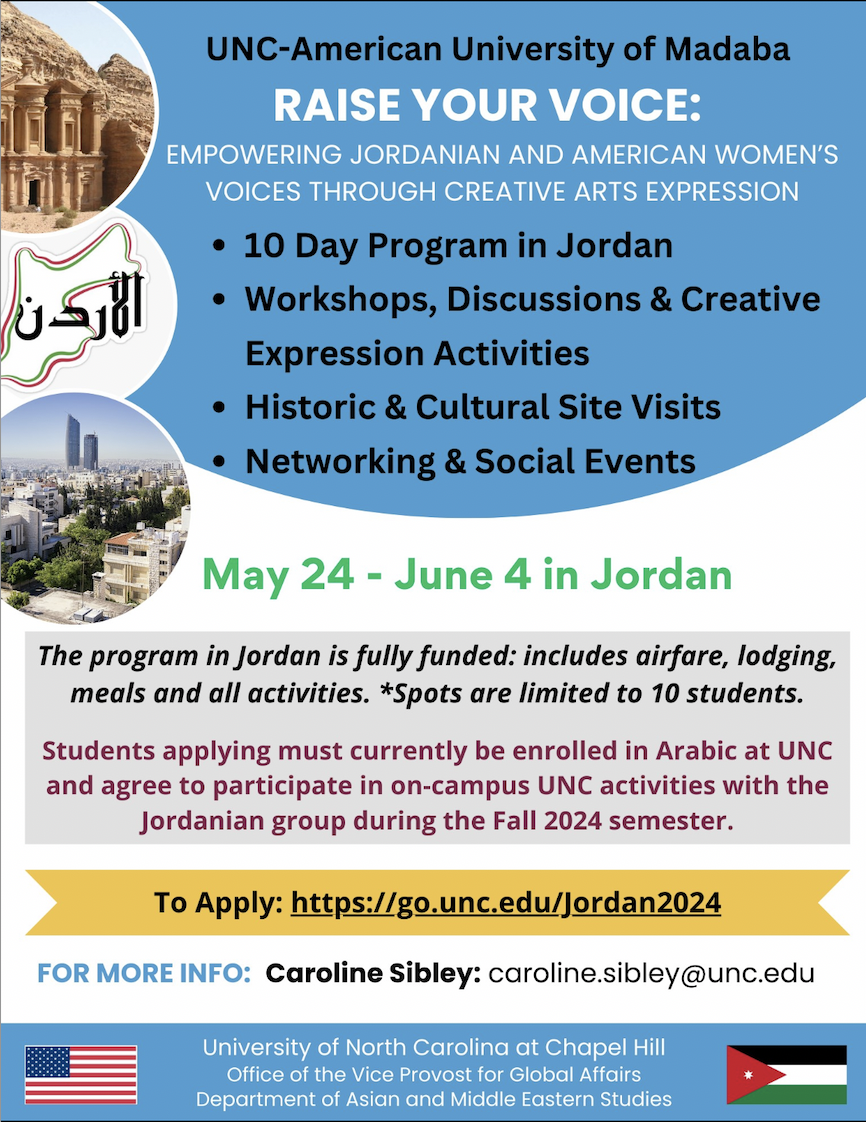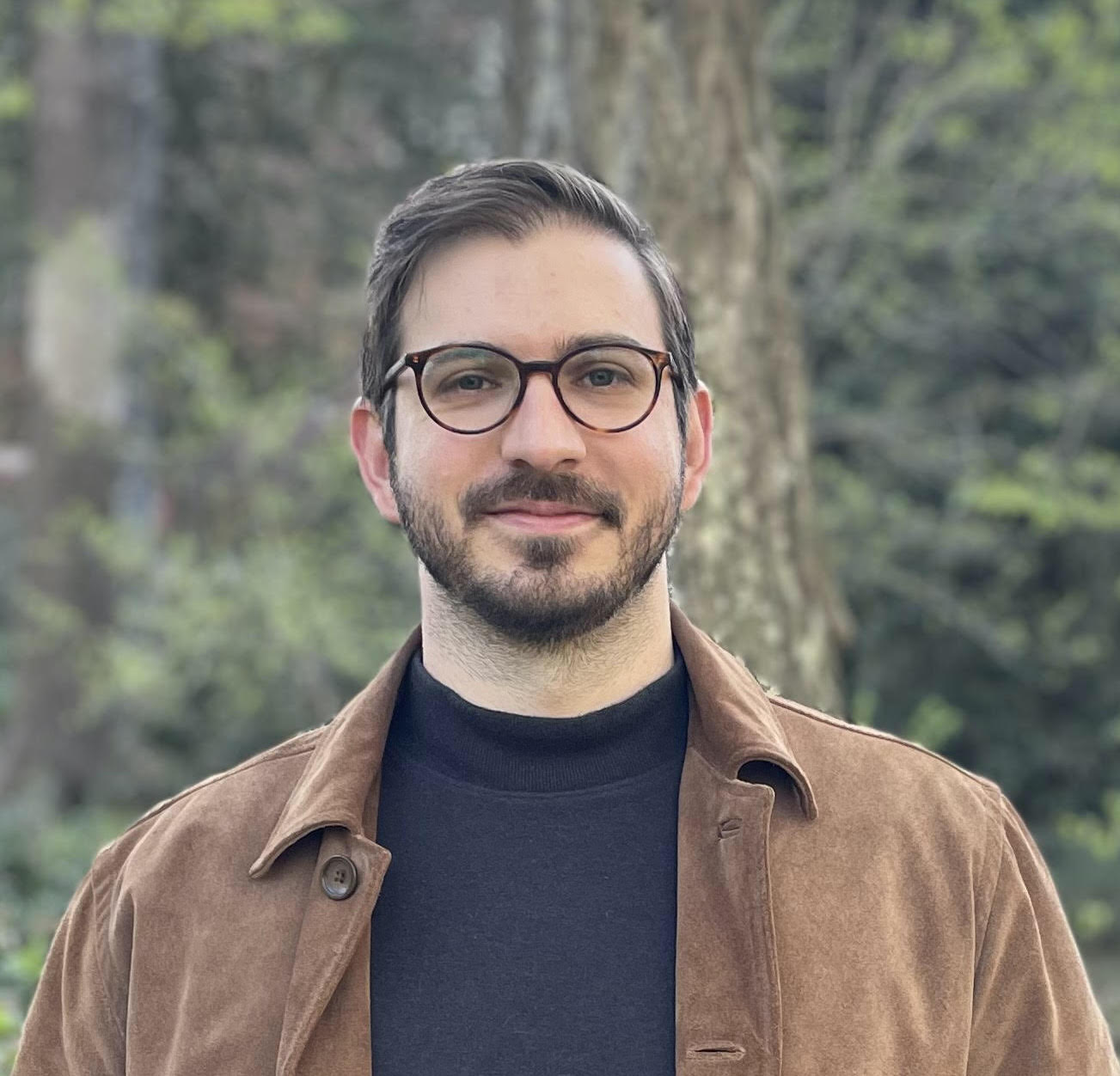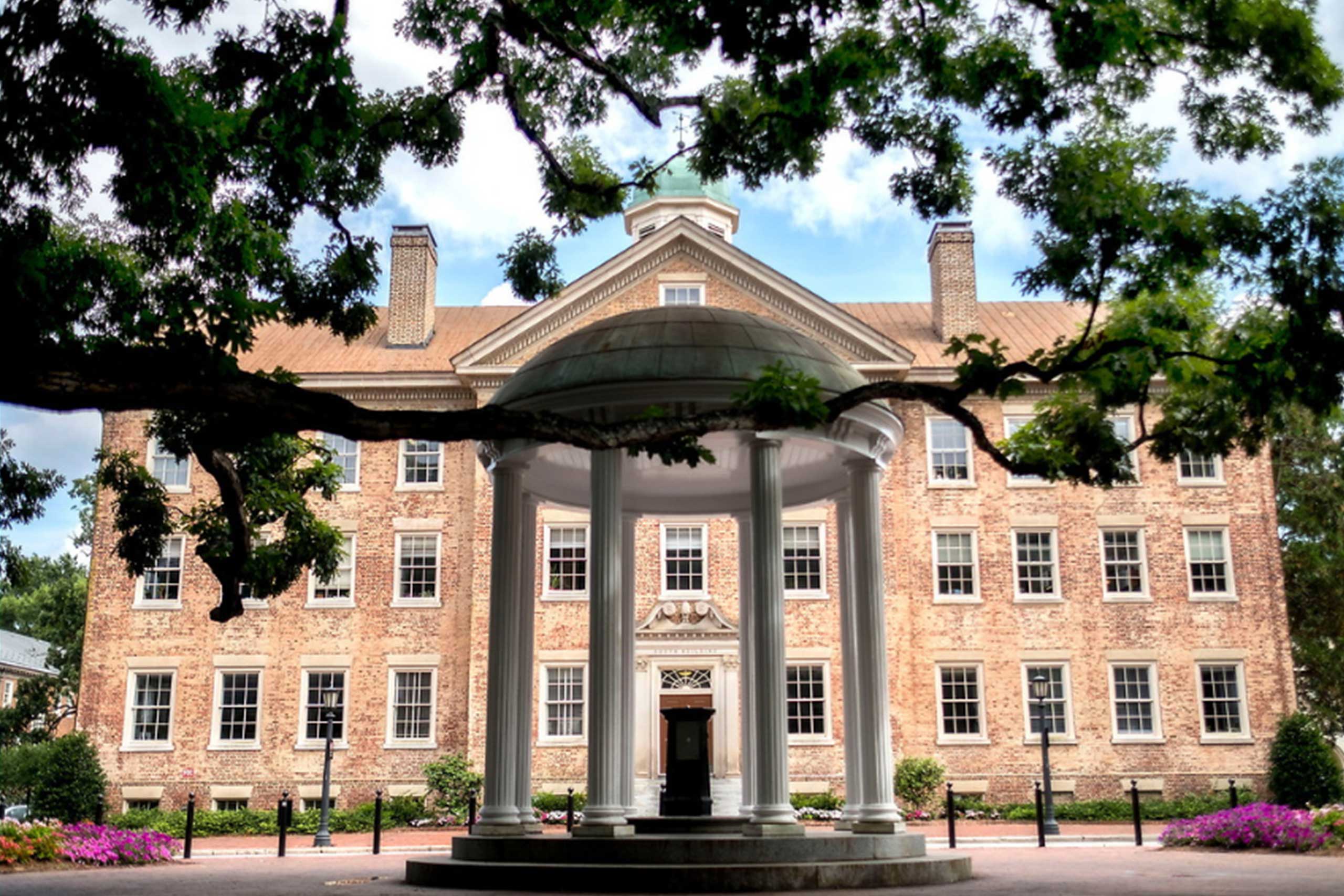 Although the performing arts have a history of bringing different communities and groups of people together, there is little, if any, research that has shown that the art form can play a larger role in promoting cultural understanding or reducing personal biases.
Although the performing arts have a history of bringing different communities and groups of people together, there is little, if any, research that has shown that the art form can play a larger role in promoting cultural understanding or reducing personal biases.
School of Social Work Professor Mimi Chapman hopes to fill that knowledge gap with the launch of a new study that will examine the performing arts as a tool for countering negative attitudes toward Muslim populations, especially among college students. Chapman and an interdisciplinary research team from the arts and humanities are collaborating on the 18-month study, which was recently awarded a $25,000 seed grant from UNC’s Fostering Interdisciplinary Research Explorations (FIRE) program.
The study is believed to be among the first to rigorously explore how attending performing arts events affect cross-cultural perceptions. Documenting such impact is vital for strengthening the bonds between education, the performing arts and the community, said Chapman, whose research focuses on the use of visual arts to challenge and modify conscious and unstated biases.
“There’s a persistent assumption in the arts that people change because they engage with arts activities, but we really have no idea whether they do or whether they don’t,” said Chapman, the study’s primary investigator. “But one of our ideas is that we can use arts as an active ingredient to change thinking and prompt reflection and to enhance cross-cultural understanding.”
Chapman is collaborating with co-PIs Emil Kang, the university’s executive director for the arts and professor of the practice in the Department of Music; and Carl Ernst, the William R. Kenan Jr. Distinguished Professor and a specialist in Islamic studies. Aaron Shackelford, post-doctoral fellow with Carolina Performing Arts; and Kent Lee, a doctoral student in the social psychology lab of Professor Keith Payne, are also assisting with the project. Payne is currently working with Chapman and others on a separate but similar arts-involved research study.
For their latest project, Chapman and UNC researchers will focus on whether people’s attitudes toward Muslim individuals change as a result of attending a series of performances. If they do shift, researchers also hope to pinpoint if the change is related to the performance alone or because study participants also engaged in after-performance activities designed to raise awareness and encourage additional discussion.
The study, which will target 160 first-year UNC students, will specifically incorporate performances and activities related to the Carolina Performing Arts’ “Sacred/Secular: A Sufi Journey.” This series of musical and theatrical performances will explore Sufism as a spiritual and cultural lens into Islam and will include various events scheduled throughout the year alongside campus and community dialogues.
“Encountering unfamiliar artists, engaging in conversation with the artists and your fellow audience members, talking about the performance with friends after the concert—all of these activities can spur reflection and intellectual consideration of the artists and art forms you encounter at a performing arts event,” Shackelford explained.
The Sacred/Secular series, in particular, also seeks to encourage audiences to consider the multiple ways in which Islamic identity is shaped, including “by an individual’s local culture, nationality, gender, and many other factors,” Shackelford said.
“Islam is not a monolithic identity, and the range of artists we will present will highlight these differences,” he added.
Moreover, music and the arts have the ability to “humanize what otherwise seems foreign,” Ernst said.
“Many people, under the influence of sensational news media, associate Muslims mainly with terrorism and irrational violence,” he said. “Seeing creative artists in compelling performances suggests that other explanations may be necessary – and this is how stereotypes are broken.”
According to the Pew Research Center, Muslims are the fastest growing religious group in the world, but that growth, coupled with the rise of ISIS, has also led to increasing concerns about the threat of Islamic extremism. A recent Gallup poll found that 43 percent of Americans harbor some degree of anti-Islamic sentiment.
Those attitudes are often magnified after tragic events, such as the recent mass shooting in Orlando, where a gunman killed 49 people and injured dozens of others at a gay nightclub. Law enforcement authorities say the shooter, who at one time was placed on a terrorism watch list, does not appear to have been directed by any foreign group and that he may have been radicalized domestically.
Much is still unknown about the gunman’s motivations, but public responses to his identity underscore the need for strategies to combat bias toward Muslim populations in general, researchers said.
“I would argue that Orlando… highlights all the more why this project is vital,” Shackelford said. “If we can begin to show that performances and engagement experiences impact bias, then that demonstrates we have a real role to play in these conversations. And of course if we show they do not impact bias, it forces us to reconsider how the arts enter into these vital issues. Both are important outcomes made even more so after (the Orlando shooting).”
The events and experiences planned as part of the Sacred/Secular series offer a rich opportunity for audiences to explore and discuss their own beliefs and biases toward people of different faiths and to learn new information that may challenge those beliefs, Chapman added.
“Prior to 9/11, I don’t know that people thought too much about the American Muslim experience,” she said. “But since 9/11, we’ve seen this terrible backlash toward people of Muslim descent. Certainly, we want Carolina to be a welcoming campus to all—that’s been a priority. So giving people a way to have conversations and to even think about what their assumptions are about people who are different from them … seems particularly timely.”
Researchers will spend the next few months developing an online survey to collect data from the study. The survey will include an adapted form of an instrument that Payne designed and that he, Chapman, and a trans-disciplinary team of UNC and community scholars, have been using as part of a separate two-year study, known as “Envisioning Health.” Funded by the National Institutes of Health and the National Endowment for the Arts, Envisioning Health aims to address the implicit bias that exists in healthcare involving patients who are Latino. Specifically, the study focuses on visual art as an intervention for helping medical professionals consider how their thoughts, feelings, and beliefs may affect their relationships with Latino adolescents.
With her latest study, Chapman sees similar potential for using art as a bridge for encouraging difficult discussions around issues such as racism and Islamophobia and for shifting attitudes, thinking and behavior.
“For this project, I like to think about the … analogy of the fish and the water. There’s a lot that we do in lots of different places that tries to fix fish. But there isn’t as much that we do that really cleans the water. Using the arts in the ways we are in this study and in Envisioning Health may potentially make the water cleaner. I think that’s a big focus.”
By Susan White






